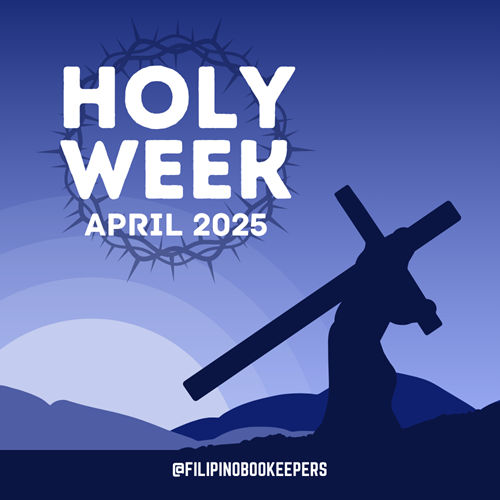Holy Week holds substantial significance in the Filipino culture, blending deep-seated religious beliefs with unique local traditions. As this sacred period approaches, many Filipinos also observe a break from work, allowing them to engage in spiritual reflection and community activities.
Historical Context and Meaning
Holy Week, or “Semana Santa,” commemorates the passion, death, and resurrection of Jesus Christ, beginning with Palm Sunday and culminating in Easter Sunday. This week serves as a time for penitence, prayer, and contemplation, inviting individuals to reflect on their faith and the sacrifices made for humanity.
Observations during Holy Week
As part of the preparations for Holy Week, many Filipinos engage in various traditions that vary from one region to another. Here are some noteworthy practices:
- Visita Iglesia: A beloved tradition where families visit multiple churches on Maundy Thursday to pray and meditate. This act of reverence symbolizes the Stations of the Cross, allowing participants to reflect on the events leading to the crucifixion of Christ.
- Pabasa: This is a chanting of the “Salvation History” or “Pasyon,” which tells the story of the life, death, and resurrection of Jesus. Communities often gather for this marathon of prayer, which can continue for hours or even days.
- Simbang Gabi: While primarily associated with Christmas, certain elements of this novena can also carry into Holy Week, focusing on communal worship and preparation for the Easter celebration.
- Processions and Passion Plays: Many towns and cities organize elaborate processions and reenactments of the Passion of Christ. These events involve vibrant displays of faith that not only draw local communities together but also attract visitors interested in this rich cultural tapestry.
- Fasting and Abstinence: Many Filipinos observe fasting and abstinence, particularly on Good Friday. This practice varies among individuals and families, with some choosing to abstain from meat or other specific indulgences.
- Reflection and Family Gatherings: Beyond formal rituals, Holy Week is a time for family gatherings where members often reflect on their faith and the year past. This period of rest from work allows for deeper personal connections and spiritual discussion.
The Significance of the Break from Work
For many Filipinos, the break from work during Holy Week is not just a physical pause but also a chance to reconnect with their spiritual roots. It allows individuals to engage fully in the rituals and activities that surround this sacred time without the distractions of everyday obligations. Both the collective and individual observances of Holy Week foster a sense of community, unity, and shared beliefs that transcend mere religious observance, reinforcing the cultural fabric of the Philippines.
Conclusion
As Holy Week approaches, the Filipino people prepare to engage in a rich tapestry of traditions that reflect their faith and cultural heritage. Whether through solemn reflection, community gatherings, or familial devotion,


Leave a Reply